Thanks to the Fusion Investment Fund (Santander), I was able to visit Shanghai China during April 2017, to explore the research topic:
What demotivates Chinese Students attending Universities Abroad: The role of perceived leisure constraints?
I visited both Shanghai Jiao Tong University and Donghua University to understand the importance, if any, of leisure to Chinese students, and any impact on perceived attractiveness of the United Kingdom as an overseas destination for further study. As the UK and its universities consider the factors to market the UK as an international student destination, this visit found there is a need to create some programs to assess, observe and serve better the leisure needs of the current and potential Chinese student market. From being more proactive about helping Chinese students engage in on-off campus leisure and community life to providing staff instruction on how to correctly pronounce Chinese names, the leisure needs of current and future current Chinese students may need to be assessed to help newly arrived students in the process of adjusting and familiarizing to new leisure patterns.
My first visit was to a public research university in Shanghai, China. Established in 1951, Donghua University is a member of China’s Project 211 group of national key universities, with a heavy focus on high level technological and scientific research. I gave a guest lecture on how the UK leisure sector sees Chinese consumers, and how the events industry is seeking to facilitate as well as communicate to them. The lecture also looked at leisure trends taking place in China. I discussed with students how specific constraints at home and in specific countries abroad might prevent them seeking further study both in China and abroad
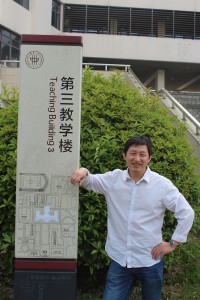
Picture: Much thanks to Dr. Chun-zhang Liu for the welcome.
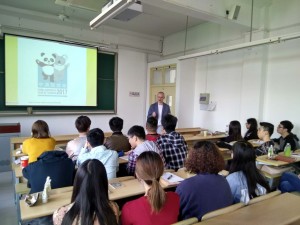
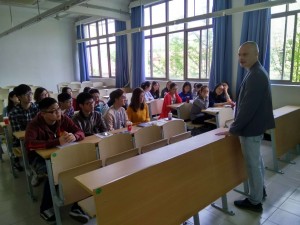
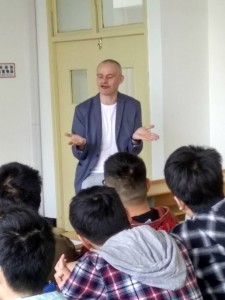
Pictures: Guest Lecture
I also visited Shanghai Jiao Tong University to talk to students, about their perceptions of constraints to leisure in the UK vis-a visa other important markets such as the USA and Australia. Jiao Tong University is a public research university in Shanghai, China. Established in 1896. As the UK Government seeks to increase the number of international students, many Chinese students worry about moving to the UK for higher education and noted challenges such as psycho-social stress, including the possibility of social isolation. The students also noted other barriers, such as the accessibility of ethnic foods in the UK, joining clubs/societies, and possible changes in their leisure patterns.
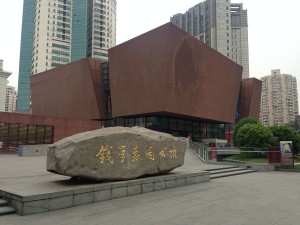
Picture: Shanghai Jiao Tong University
Based on connections made to staff at Shanghai Jiao Tong University and Donghua University, quantitative data will be collected from 200 sampled students to explore leisure activity preferences and the perceptions of constraints to leisure if considering studying abroad. The results will also help policy makers and administrators understand the importance of understanding perceived life constraints when students consider the study abroad experience.
I wish to thank Santander for the mobility grant to visit Shanghai, and engage in a research project.
Michael O’ Regan, PhD
Faculty of Management
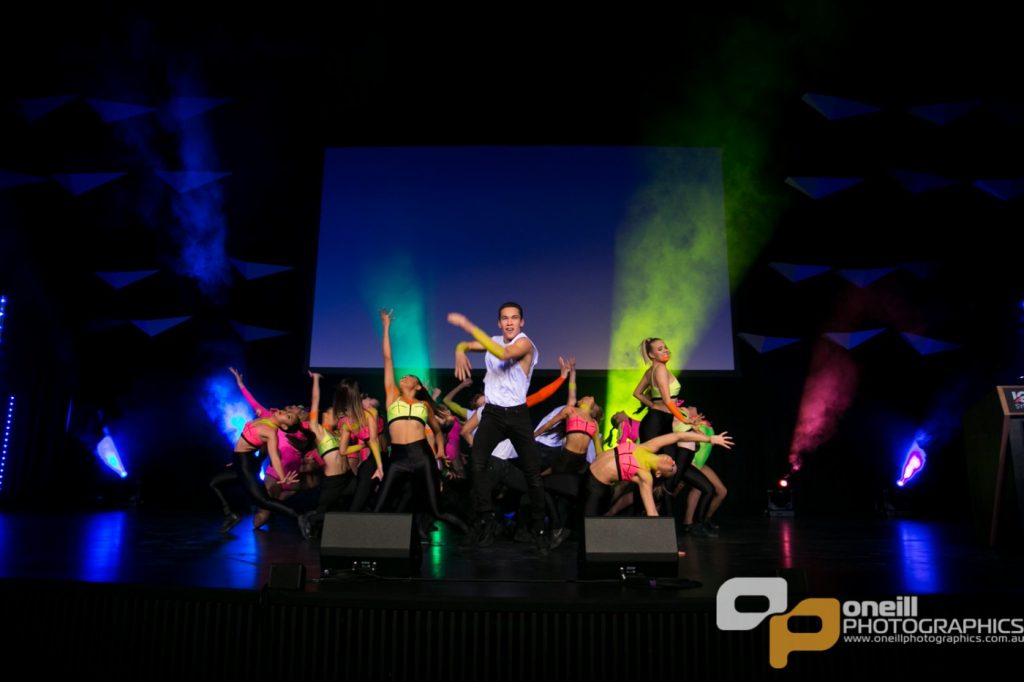
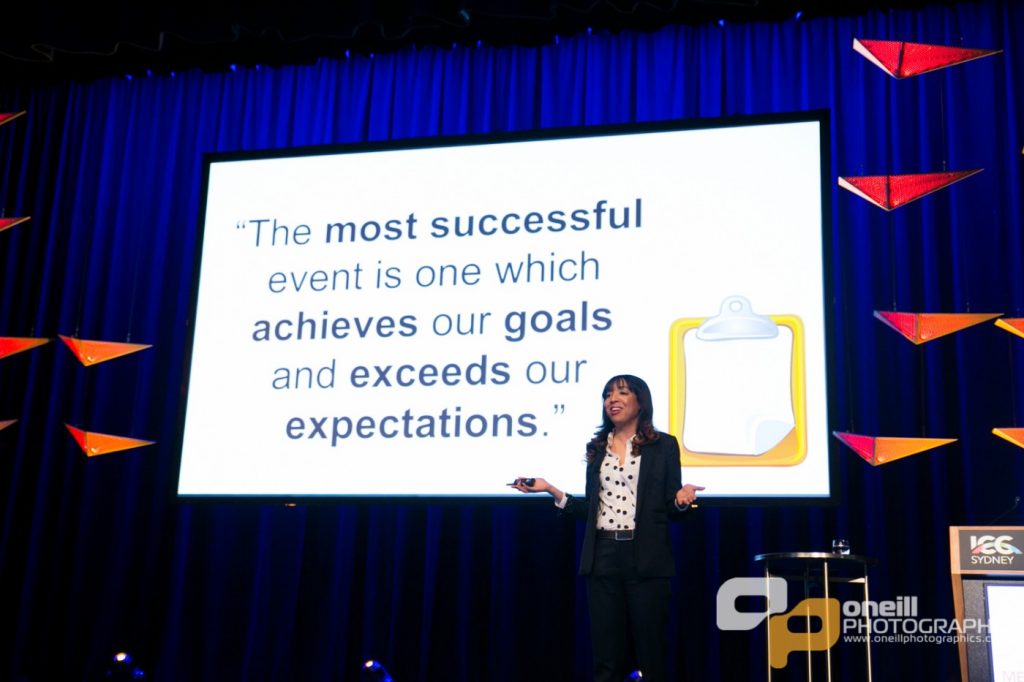
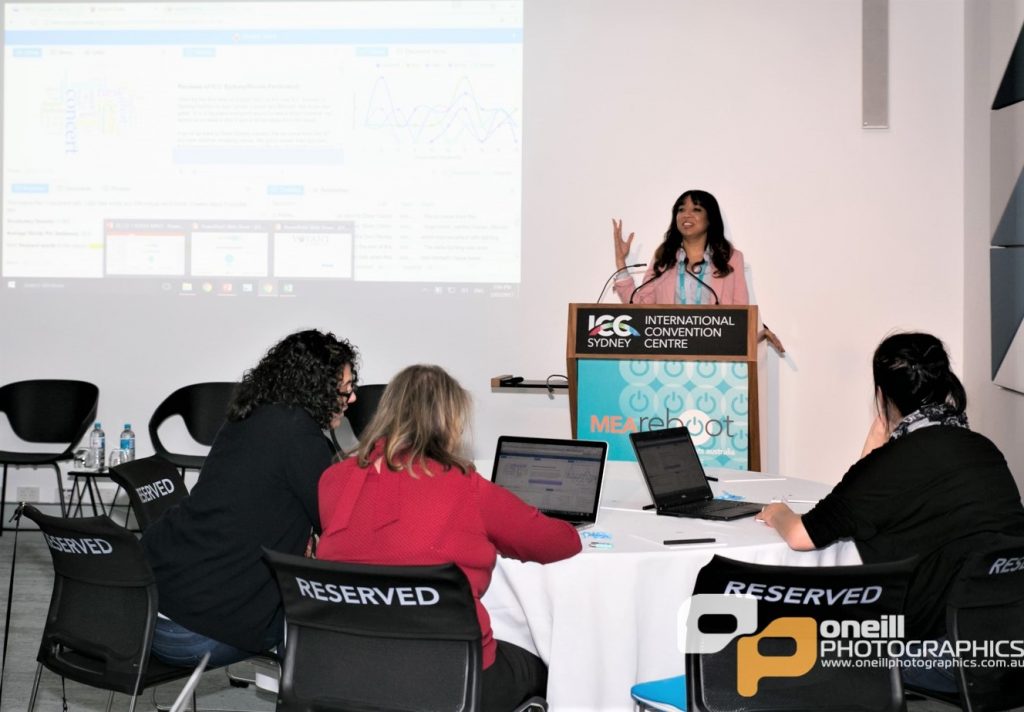

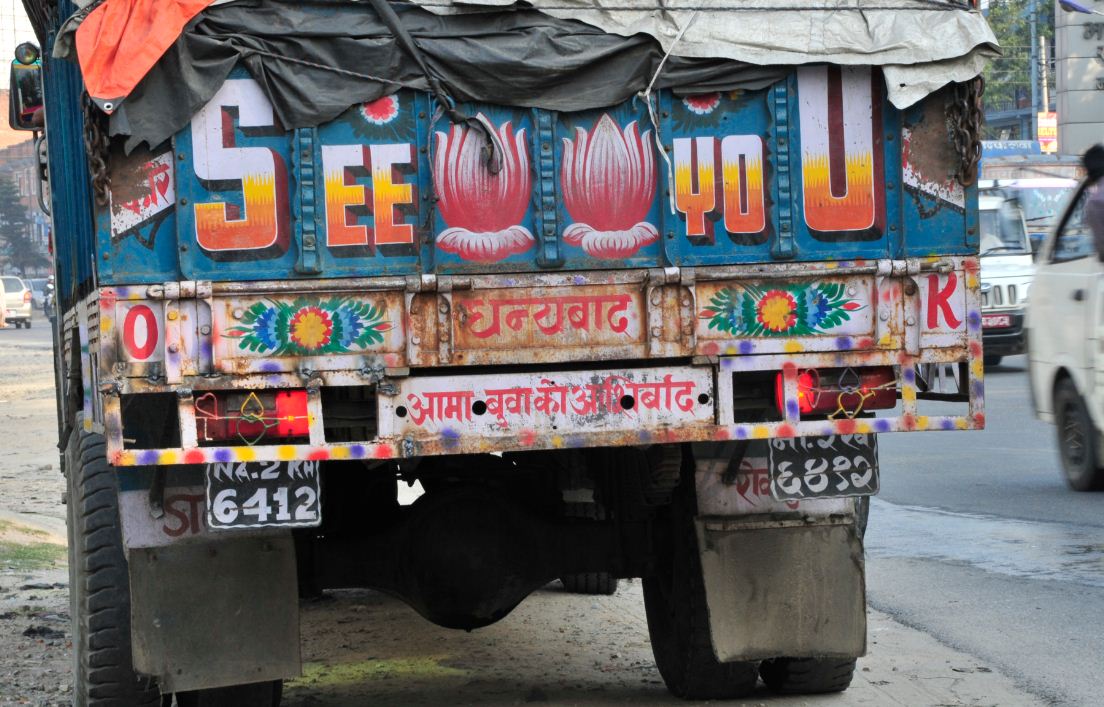

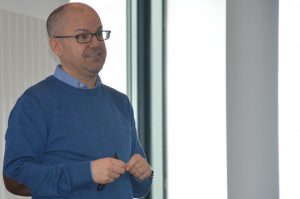
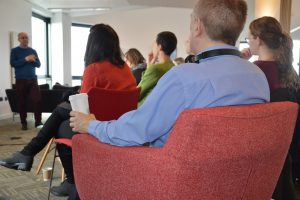
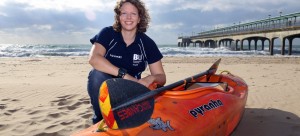 It’s
It’s
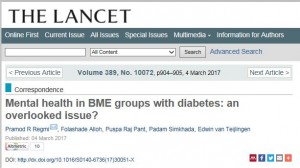
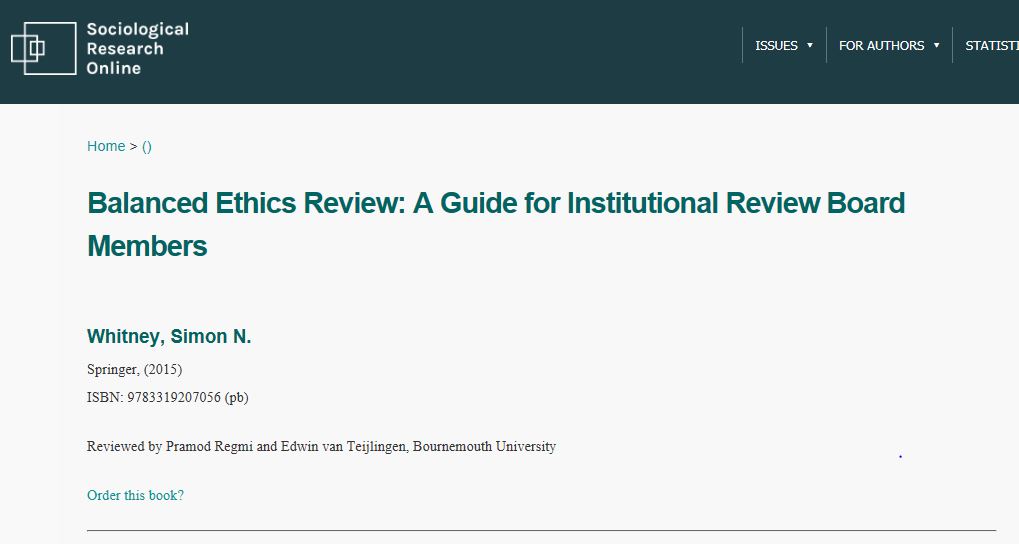
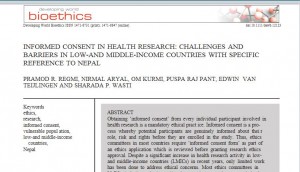

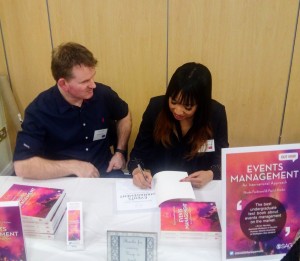
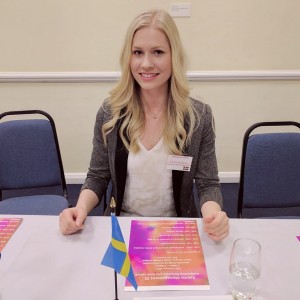
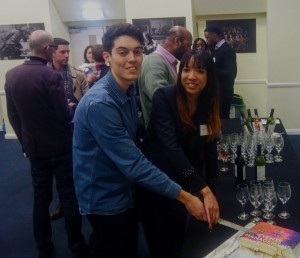
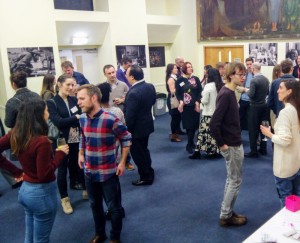

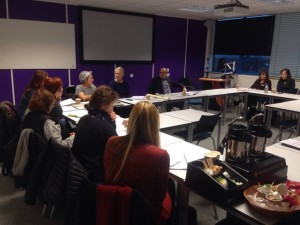

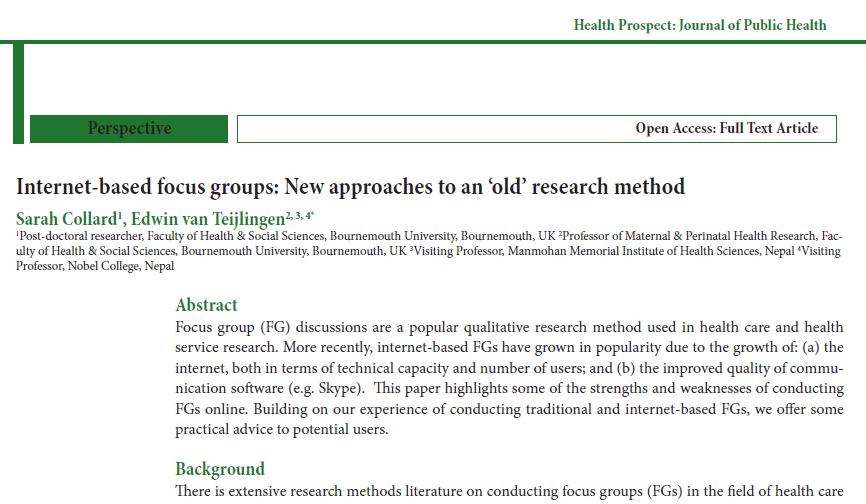

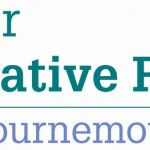

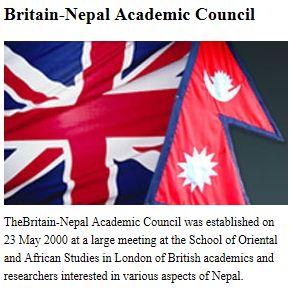
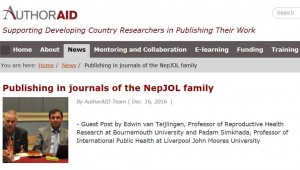











 BU Professor has been invited to a series of plenary and invited lectures.
BU Professor has been invited to a series of plenary and invited lectures. Research reaching non-academic audiences
Research reaching non-academic audiences April’s Café Scientifique – Should we help machines understand and respond to our emotions?
April’s Café Scientifique – Should we help machines understand and respond to our emotions? Postgraduate Research Experience Survey (PRES) 2024 – 2 WEEKS LEFT
Postgraduate Research Experience Survey (PRES) 2024 – 2 WEEKS LEFT Working with The Conversation: online training session – Wednesday 8th May
Working with The Conversation: online training session – Wednesday 8th May Apply for up to £1,000 to deliver an event and take part in a national festival of public engagement with research
Apply for up to £1,000 to deliver an event and take part in a national festival of public engagement with research MSCA Postdoctoral Fellowships 2024
MSCA Postdoctoral Fellowships 2024 Horizon Europe News – December 2023
Horizon Europe News – December 2023